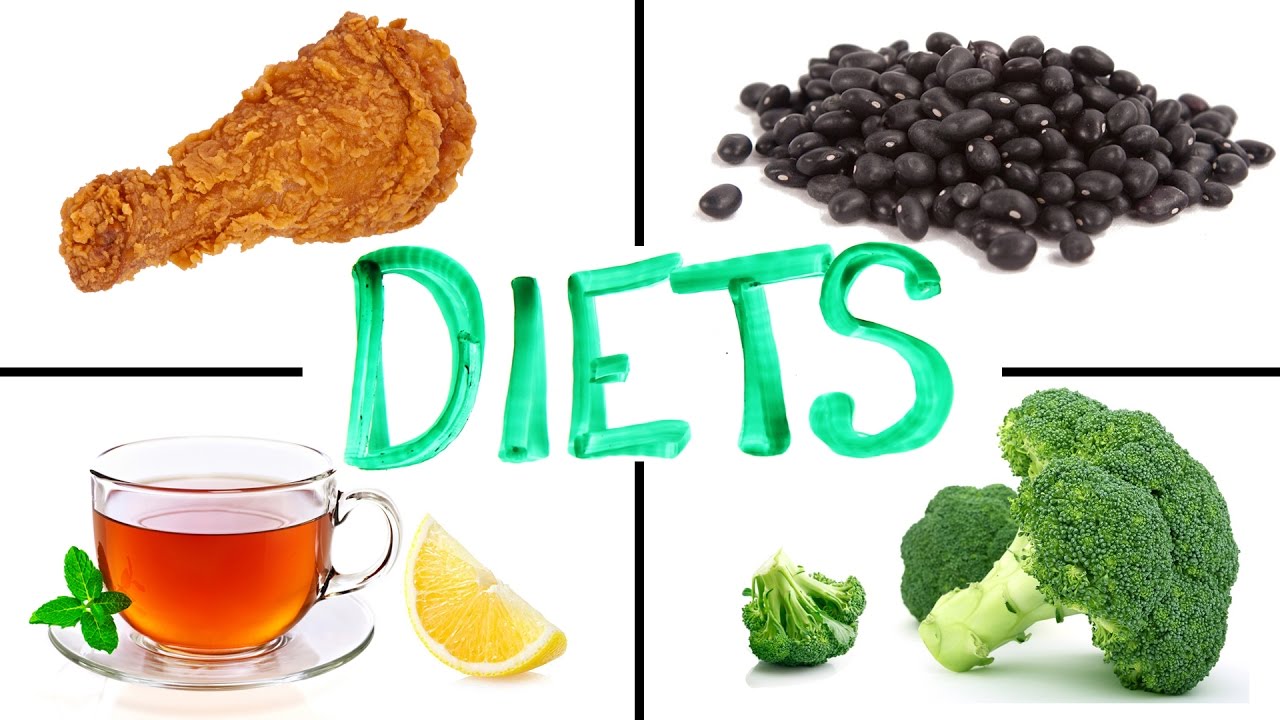Diets: Study Shows Every Individual Have A Different Metabolic Response to Diets That Are Influenced By Their Specific Gut Microbiome.
Source: Diets Jun 18, 2020 5 years, 7 months, 2 weeks, 4 days, 10 hours, 49 minutes ago
Diets: Medical Researchers from the Australian National Phenome Centre at Murdoch University and collaborators from Imperial College London have made a major breakthrough in comprehending how individuals can have different reactions to the same diets.

General assumptions about diets and expected standard response from masses about such diets are no longer valid as every individual responses differently.
For a long time, nutritionists and scientists have been debating whether weight loss is down to sheer will power and healthiness of diet, or whether maintaining a healthy weight is down to your genes.
The researchers demonstrated that individuals react differently to being fed exactly the same diet over a four-day period and that their urine contains different patterns of chemicals suggesting that we each have a unique response to diet.
The research findings, released today were published in the
Nature Food journal.
https://www.nature.com/articles/s43016-020-0092-z
Australian National Phenome Centre Director and Pro Vice Chancellor of Murdoch University's Health Futures Institute Professor Jeremy Nicholson said although everyone consumed the same amount of calories, some people "excreted" more calories in their urine than others.
Professor Nicholson said, "The interaction between our genes and environment is complex and understanding the relationship between our metabolic responses to diet is key to the prevention of chronic conditions such as obesity, heart disease and diabetes."
For the research, a group of healthy individuals were given four different diets ranging from a healthy diet, containing lots of fruit, vegetables and fiber, to the equivalent of a fast food diet and their metabolism was measured using molecular profiling technology.
Professor Nicholson added, "Some individuals were more responsive to diet than others, regardless of whether the diet was healthy or not. The metabolic pathways that were activated after each diet were found to be different between people, with these differences relating to blood glucose levels. Several of the chemicals that changed in the urine were generated by the gut bacteria which is consistent with the fact that people have different gut bacteria and that these bacteria can use different foods as fuel."
Professor of Computational Medicine and a Premier's Fellow and at Murdoch University, Professor Elaine Holmes said understanding how the bacteria are impacted by diet at the individual level will help to develop new dietary strategies for maintaining health.
Professor Holmes said, "Based on the metabolic response to the four different diets, we were able to create a model that can predict the healthiness of a person's diet. We tested the model in two different populations and compared the chemical profiles to dietary records. This model will provide a framework for developing precision nutrition programs aimed at healthy weight loss or maintenance."
Professor Dr Isabel Garcia-Perez from the Department of Metabolism
, Digestion and Reproduction at Imperial College London said, "We are in the process of implementing this tool in our dietitian clinics to improve the nutritional management of patients and we believe that this personalized approach will make a real difference to patients."
Professor Dr Gary Frost the Head of Nutrition Research at Imperial College added "This is a real paradigm shift in personalized nutrition research for the first time we have tools that can rapidly evaluate the diet-microbiome interactions that affect individual responses to complex diet patterns in the real wood."
Given the global importance of both over and under-nutrition in driving chronic disease, any new method that helps to understand response to diet at the individual or population level could be a valuable healthcare tool.
Professor Nicholson commented, "This research is in line with the recently announced WA sustainable health initiative that requires creation of new metrics for both population health tools that are applicable to prevention of nutrition-related conditions such as heart disease and diabetes."
The study findings has many implications as the ‘diet help’ market will be greatly affected by this research results especially various diet programs and their supporting materials such as books, videos and courses etc.
For more about
diets, keep on logging to Thailand Medical News.
